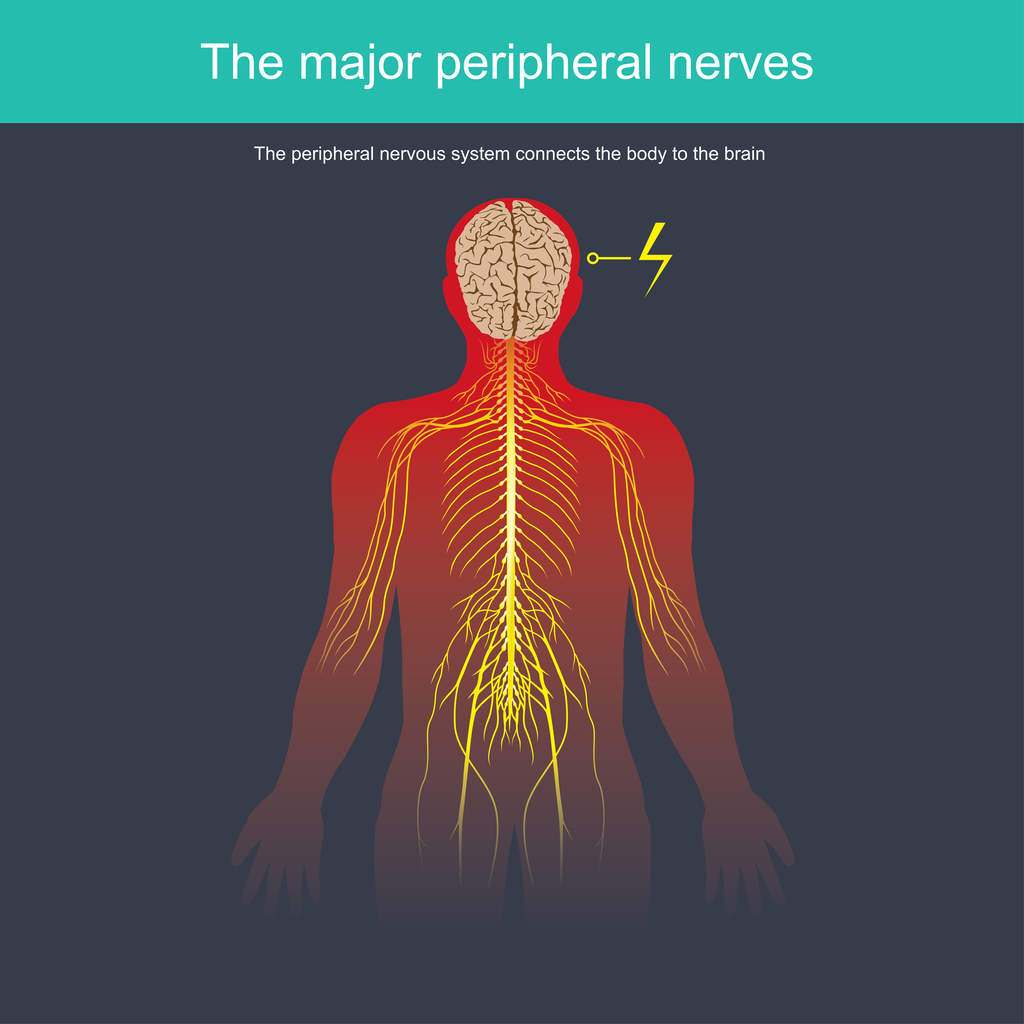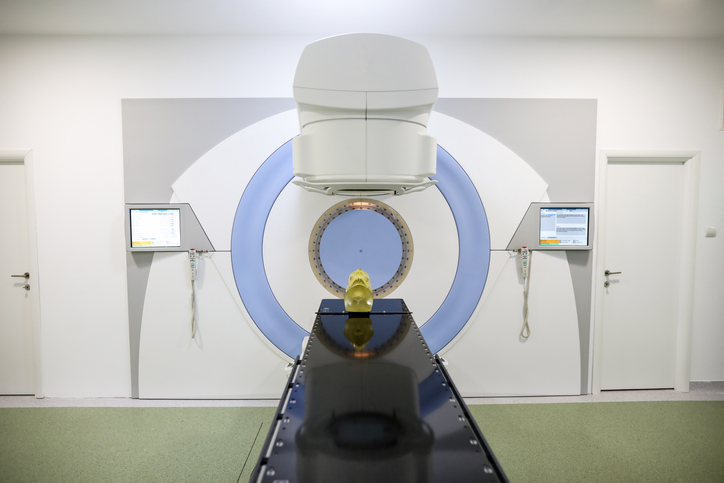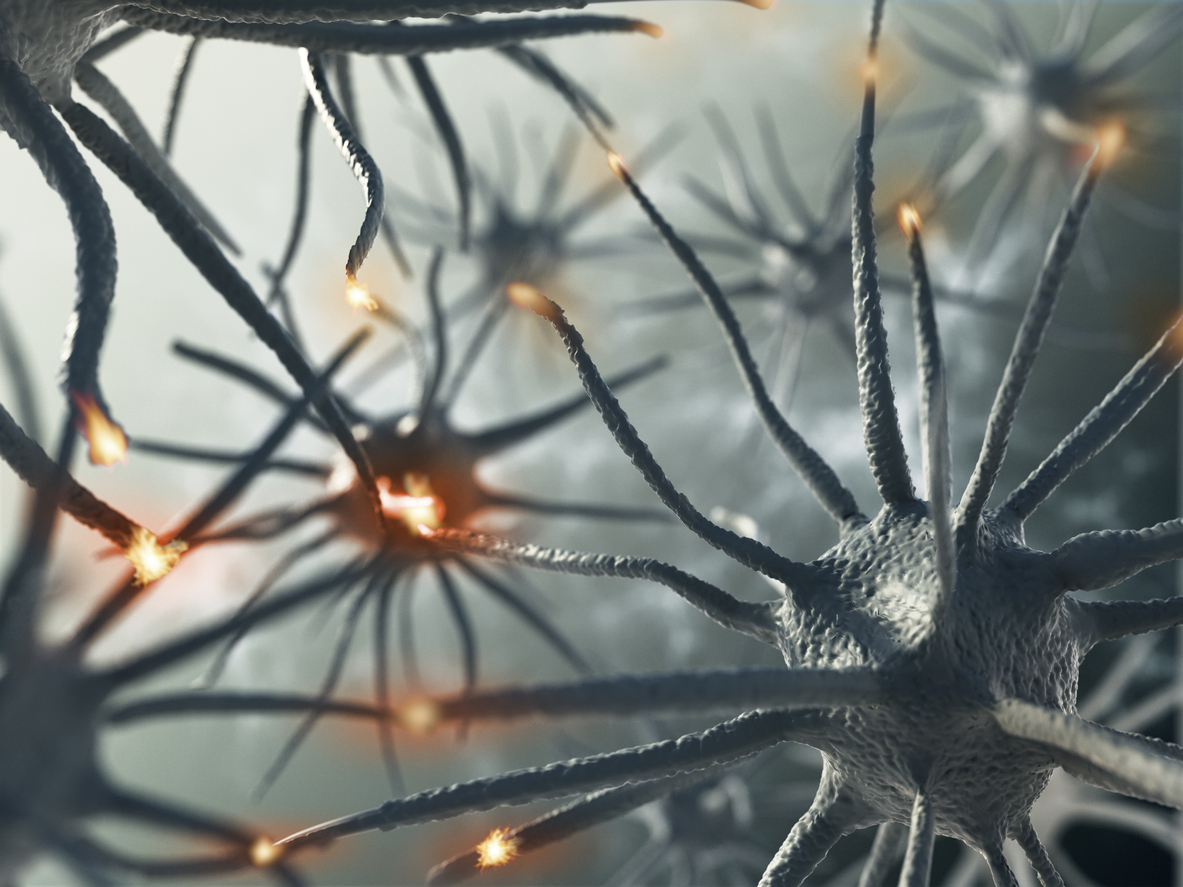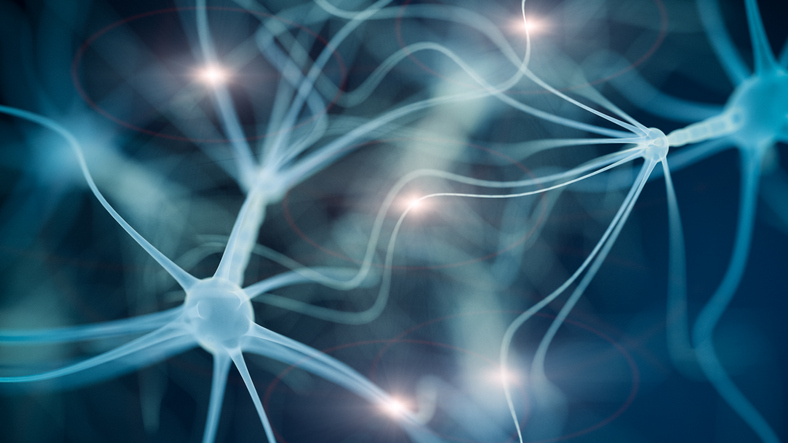Pain
What Is Peripheral Neuropathy?

Peripheral neuropathy is a medical condition that develops when the peripheral nerves are damaged. The peripheral nervous system is the communication network that connects the central nervous system (the brain and spinal cord) to every other part of the body. Approximately 20 million people in the United States have some type of peripheral neuropathy.
Types
There are over 100 types of neuropathy. Symptoms vary depending on the cause and the specific nerves affected. Peripheral neuropathies are classified into several categories: acute/chronic, mononeuropathy/polyneuropathy, and motor, sensory and autonomic.
- Acute or chronic
With acute neuropathy, symptoms may appear suddenly, progress rapidly, and resolve slowly. Chronic neuropathy symptoms begin subtly and progress slowly. - Poly or mono
Polyneuropathy involves pain or sensations that spread into several nerves at the same time; whereas, mononeuropathy affects a single nerve. - Motor, sensory, or autonomic
Symptoms of peripheral neuropathy depend on which type of nerves are damaged. Motor nerves control voluntary movement of muscles. Sensory nerves deliver the feeling of a light touch or the pain of a cut. Autonomic nerves control organ activities, such as breathing and digestion. Some neuropathies affect all three types of nerves while others only affect one or two types.
Symptoms
Symptoms of peripheral neuropathy depend on which nerves are affected. Peripheral neuropathy symptoms include, but are not limited to, the following:
- Numbness or tingling (most commonly in the toes or fingers)
- Burning or stabbing pain (more common in the evening)
- Muscle cramps or twitching
- Muscle weakness or wasting
- Sensitivity to touch
- Heat intolerance, excess sweating
- Inability to feel pain or temperature changes
- Loss of position sense, affecting walking, motor skills, and balance
- Loss of reflexes, difficulty moving limbs, or paralysis
- Difficulty staying asleep
- Difficulty regulating blood pressure
- Impaired digestion, sexual function, or urination
- Organ or gland dysfunction
Although neuropathy can be painful and debilitating, it is usually not fatal. In extreme cases, breathing can be impeded or organ failure can occur.
Risk factors
Factors that increase the risk of developing peripheral neuropathy include, but are not limited to, the following:
- Diabetes, especially with uncontrolled blood glucose levels
- Alcoholism
- Exposure to toxins
- Vitamin imbalances, especially B vitamins
- Infections (e.g., shingles, Lyme disease, Epstein-Barr virus, hepatitis, and HIV)
- Autoimmune conditions (e.g., lupus or rheumatoid arthritis)
- Liver, kidney or thyroid disorders
- Repetitive motion (e.g., activities continually performed on a daily basis)
- Genetics


















